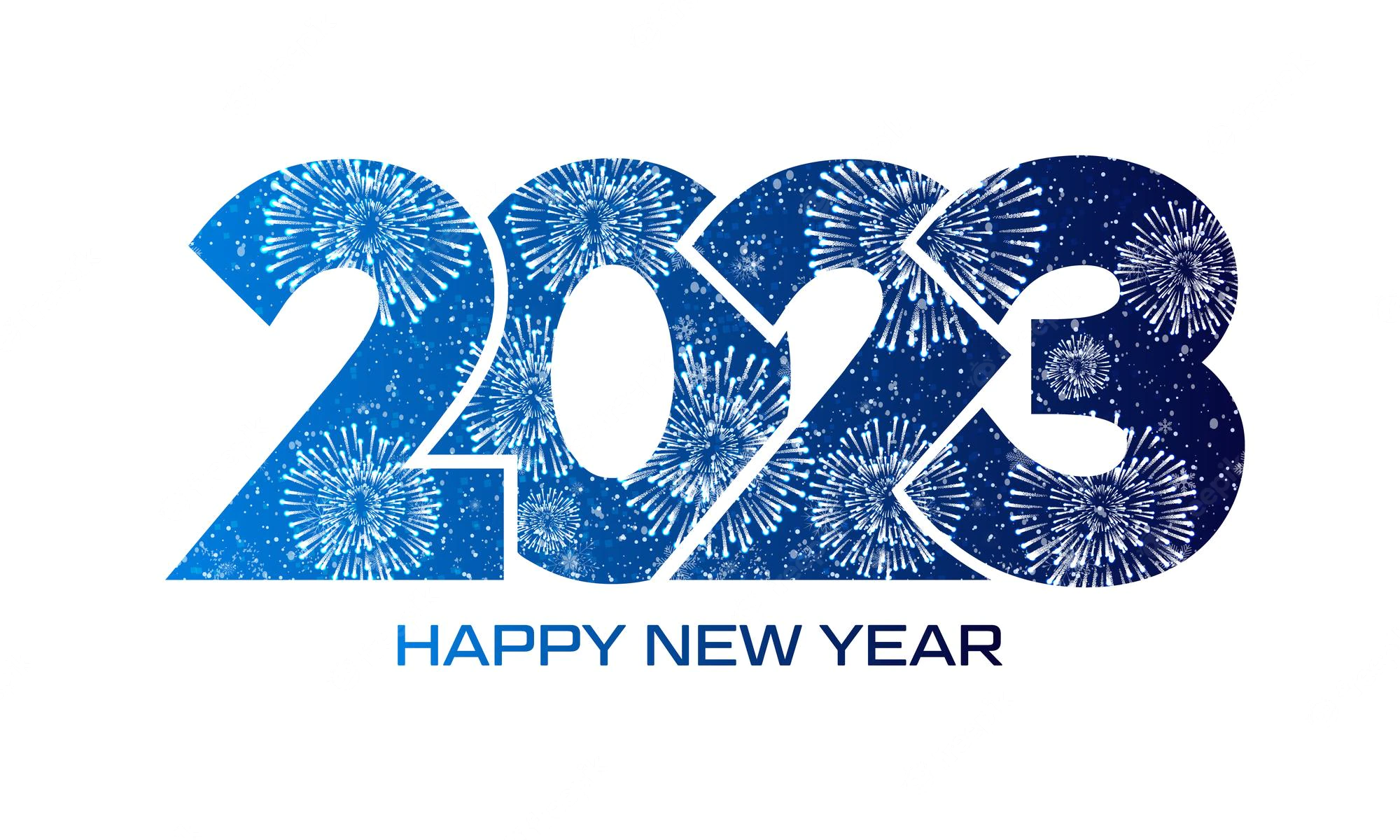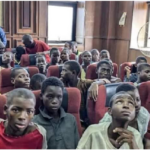The year 2022, which ended yesterday, is one which millions of Nigerians will be in a hurry to forget. It was a year marked by repeated governance failures and so many unfortunate, and quite often, rather avoidable events. A majority of Nigerians will remember 2022 for unprecedented rises in the prices of consumer goods and services, particularly food items. Food inflation increased each month consistently throughout the year, from 17.37 per cent in January to 24.13 per cent in December 2022, a harrowing trend that was felt across millions of shopping baskets, dining tables, and empty stomachs throughout the country.
A biting fuel scarcity, which had been absent for most of the previous six years, returned with a vengeance to worsen the already bad economic situation for many millions. University students stayed home for almost the entire year due to a punishing industrial action by their lecturers and the federal government’s intransigence, an impasse that was finally resolved in the eighth month the same way it easily could have been at the start of it.
Above all, too many Nigerians died needlessly in the outgone year. Hundreds died in otherwise avoidable road and boat accidents. But hundreds more Nigerian adults, girls and school children were killed or abducted by bandits, kidnappers or other sundry non-state actors, not to talk of those killed through the too frequent “collateral damage” resulting from airstrikes against terrorists. The horrors that followed the terrorist attack on the Abuja-Kaduna train in March remain painfully fresh in the memory, for the families of those killed or abducted, as for the nation as a whole, even if, the final outcome turned out better than feared.
There is no doubt that governance failure, particularly at the very top of it, accounted for much of these sad events, a fact that would not admit of any form of sugar-coating.
New Year: Let’s look ahead with hope – Buhari
Nigeria needs massive investments to avert a deepening crisis in education
Yet, by all measures, the year 2023, which opens today, promises to be a defining year for Nigerian democracy, economy and society. If key individuals and institutions play their part faithfully to the full, this year could well be the turning point Nigeria has needed for a long time. A number of consequential events are packed into this
2 / 3
year, and if Nigeria can get all of them right, there is a good chance the year could be a positive reference point for decades to come.
First, the much-anticipated 2023 General Elections will hold in late February and early March this year, when Nigerians elect a new crop of leaders across federal and state government levels. That election would be a culmination of a year-long political and campaign activities that begun with preparations for party primaries since early last year, and the formal commencement of the main election campaigns in September.
This year’s election cannot be more crucial for Nigeria. The quality of governance at all levels has so deteriorated that Nigerians’ frustrations and yearning for change are equally palpable. But the elections will be holding in a general security climate that, except for the Civil War nearly 60 years ago, has hardly ever been worse in this country. This makes the election a vicious circle of sorts for Nigeria: the security situation poses a threat to the peaceful conduct of the election, but paradoxically the polls themselves are a flashpoint that could further worsen the security.
Before the dust is settled on the general election, the National Population Commission (NPC), will also be conducting its census in April, an exercise that is unacceptably seven years behind schedule. A national census is about the only thing in Nigeria that is both more logistically challenging and controversial than our general elections. In this sense, this year’s census is also caught up in the same vicious circle in relation to the general security climate in the country. It too must not fail.
And on the economic front, the Dangote Refinery is expected to come on stream by the middle of the year. If this happens, it will be a game changer for Nigeria in many respects. With a refining capacity of 650,000 barrels per day, it has the potential to more than meet Nigeria’s domestic needs, and would thus have several immediate impacts on the economy. This will not only free Nigeria of the embarrassment of having to import refined petroleum products but should also remove the lingering fuel scarcity, the pressure on foreign exchange, and above all to free Nigeria of unaccountable subsidy payments.
Daily Trust calls on all key actors and stakeholders to do everything in their power to pilot Nigeria safely out this vicious circle. President Muhammadu Buhari has a duty
3 / 3
to make good to his promise of a free, fair and peaceful election. In the few months ahead, we urge President Buhari to lead, not from behind, but at the very front of these issues and events in this most important period for Nigeria.
We also call on the Independent National Electoral INEC and the security agencies, particularly the police, to live up to their billing and deliver a free, fair and successful election for Nigeria. The NPC must also intensify its public campaigns if the census is to hold as scheduled and especially if must be free, complete and credible. Federal authorities must also work out all regulatory and enforcement mechanisms for running a private refinery of this scale to ensure Nigeria does not end up domestic monopoly of a crucial national resource.
Overall, Nigerians can look up to 2023 with hope and we wish you a Happy New year.

 Join Daily Trust WhatsApp Community For Quick Access To News and Happenings Around You.
Join Daily Trust WhatsApp Community For Quick Access To News and Happenings Around You.


